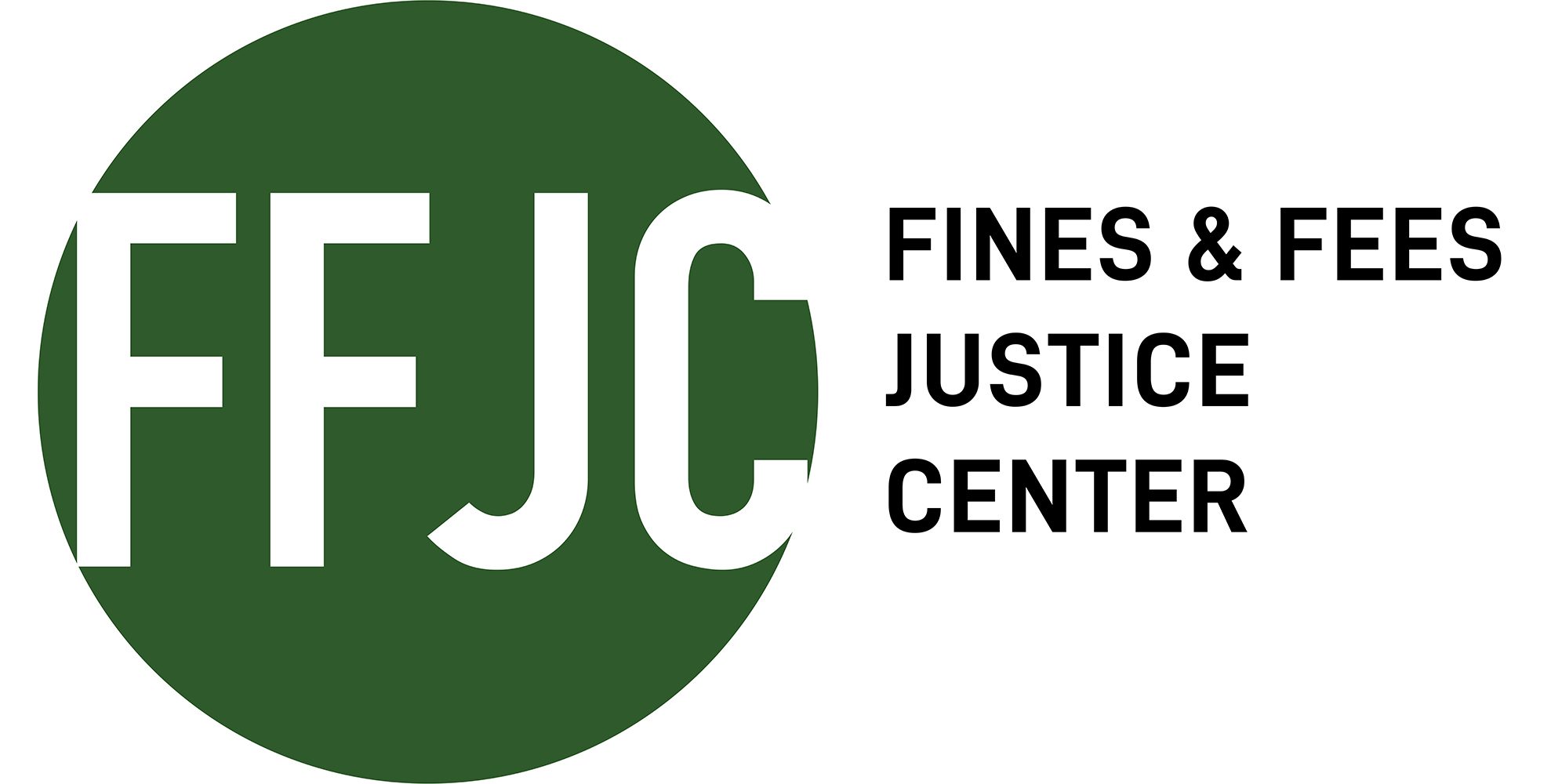Issues:
- Is it a violation of the Fourth Amendment for city officials to mark car tires with chalk in order to monitor parking regulations?
- If tire chalking is unconstitutional, what is the appropriate remedy?
Holdings:
- The practice of city officials “chalking” tires as a way of monitoring parking regulations is a violation of the Fourth Amendment.
- The City’s tire chalking practice is a “custom” for the purposes of Monell, and the City is therefore not shielded from liability.
- A permanent injunction is not warranted because Plaintiffs did not show they would suffer “continuing” injury. However, the subclass is entitled to nominal damages for each instance of chalking.
Facts:
Until 2019, the City of Saginaw had a practice of marking tires with chalk as a way to timestamp a car’s arrival and subsequently know when it could issue parking tickets. Between 2014 and 2017, Plaintiff Allison Taylor’s car was chalked and ticketed 14 times by parking officer Hoskins. On behalf of herself and a similarly situated class of motorists, Taylor brought an action under 42 U.S.C. § 1983, seeking injunctive relief and refunds on her parking tickets.
Procedural History:
On April 5, 2017, Plaintiff Allison Taylor filed an action against the City of Saginaw (“City”) and City parking officer Tabitha Hoskins under 42 U.S.C. § 1983, alleging that the chalking of her car tires violated the Fourth Amendment. The United States District Court for the Eastern District of Michigan dismissed the action, finding that tire chalking falls within the automobile and/or community caretaking exception to the Fourth Amendment.
Taylor appealed and the United States Court of Appeals for the Sixth Circuit reversed, finding the above-stated exceptions inapplicable. On remand, the District Court granted summary judgment for City and qualified immunity for Hoskins. Taylor appealed for a second time to the Sixth Circuit, which reviewed the District Court’s grant of summary judgment de novo. On August 25, 2021, the Circuit Court upheld Hoskin’s qualified immunity but held that the City failed to show that tire chalking fell under a Fourth Amendment exception. The case was then remanded back to the District Court and decided on August 8, 2022.
Court’s Reasoning:
The court began by noting that the U.S. Supreme Court, in United States v. Jones, found it a constitutional violation when the government physically intrudes upon private property (i.e., a car), without a warrant, with the intent to obtain information. The court noted: “the Fourth Amendment protects more than those expectations that society deems reasonable… [it] also protects the ancient right of the people to exclude the government from their ‘houses, papers, and effects.’”
The court rejected the City’s arguments that tire chalking falls under (1) the de minimis exception, (2) the consent exception, (3) the automobile exception, or (4) the community caretaker exception, analyzing each in turn. Accordingly, because Defendants’ tire chalking was a “search” and no such exception applied, it was presumptively unreasonable and violative of the Fourth Amendment.
Under Monell, Plaintiffs bringing a § 1983 action bear the burden of proving that the municipality had a “custom or policy” in place that caused the alleged injury. The City argued that it did not require parking officials to chalk tires or discipline them for failure to do so in an effort to show there was no official policy. Unpersuaded, the court noted that “the existence of a custom of tolerance or acquiescence of federal rights violations is sufficient [for Monell liability].”
Here it was undisputed that the City provided its parking officers with chalk and issued tickets based on the chalking. Furthermore, even though Hoskins had discretion in when to chalk, the City came up with the practice. Accordingly, the court held that the City had a custom of chalking tires, and further, that the custom caused the injuries Plaintiffs allege. As a result, Monell would not shield the City from § 1983 liability for its Fourth Amendment violation.
On the issue of remedy, Plaintiff Taylor sought to permanently enjoin Defendants’ chalking practice. To be entitled to a permanent injunction, a party must show they “. . . suffered a constitutional violation and will suffer continuing irreparable injury for which there is no adequate remedy at law.” Because Defendants discontinued the chalking practice in 2019 and did not indicate the practice would resume, the court found no evidence that the harm was “continuing.” The court also ruled that the subclass was not entitled to refunds from the parking tickets, awarding them only nominal damages for each instance of chalking.
You can read the Court’s full opinion here.
Taylor v. City of Saginaw
United States District Court, E.D. Michigan, Northern Division
August 8, 2022
– Fed. 3d –
2022 WL 3160734
Case No. 1:17-cv-11067
